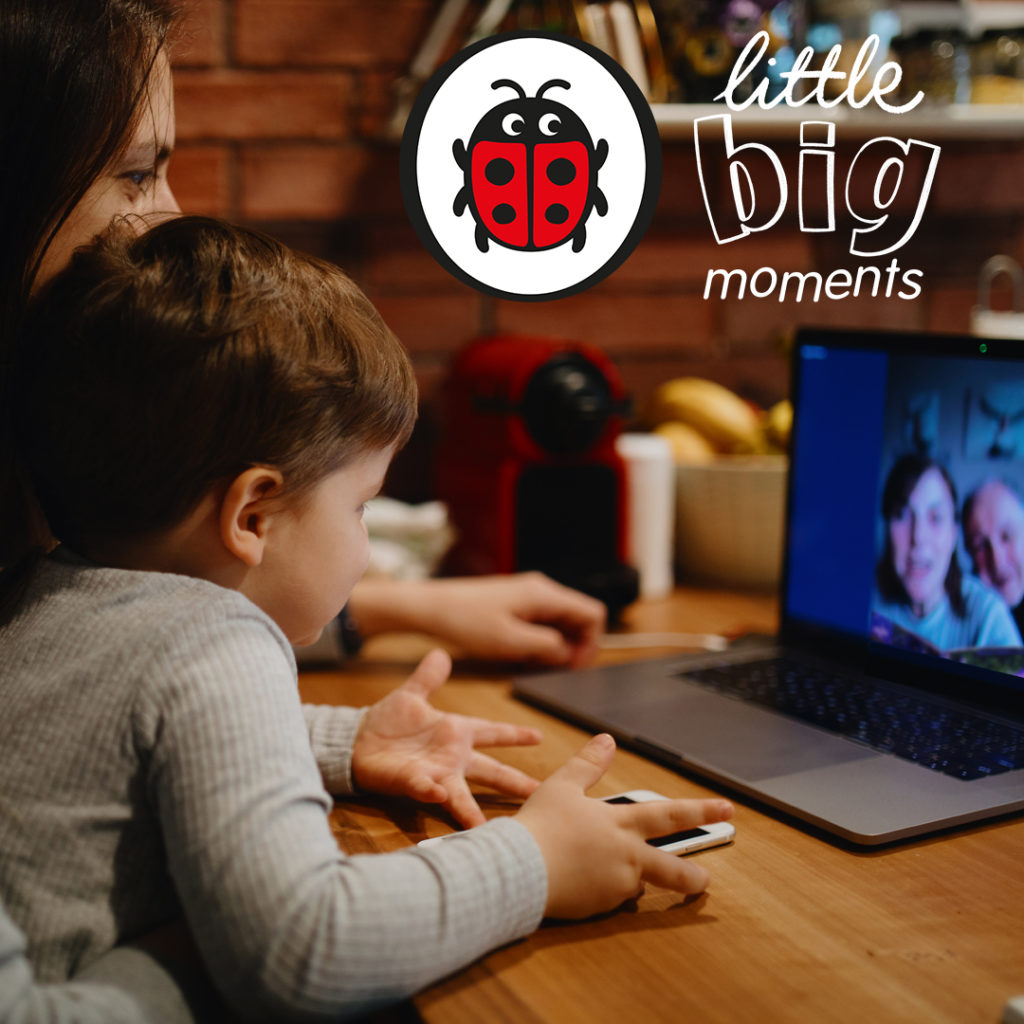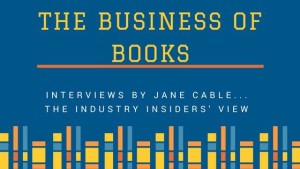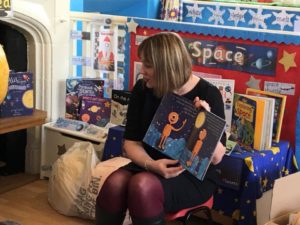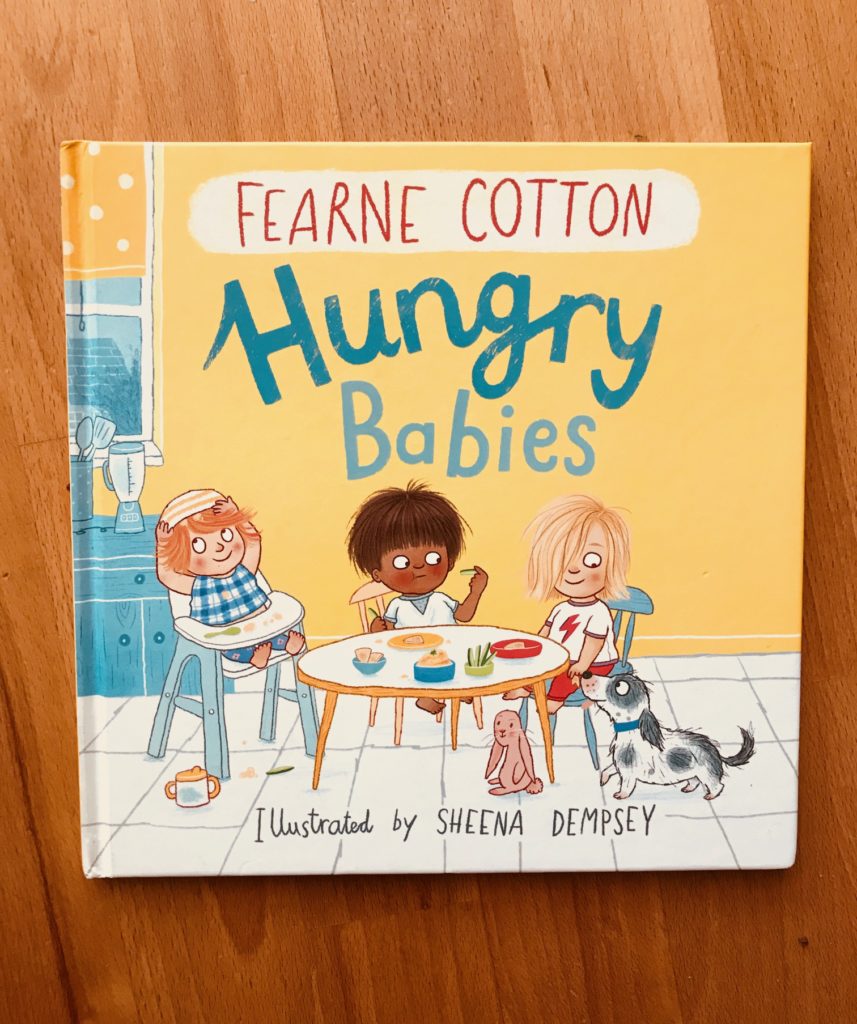 Stretched UK parents are increasingly turning to family members and carers as ‘digital babysitters’ as they struggle to cope with jugging workloads and childcare during lockdown.
Stretched UK parents are increasingly turning to family members and carers as ‘digital babysitters’ as they struggle to cope with jugging workloads and childcare during lockdown.
A survey from Ladybird children’s books has found that 81.6% UK parents with nursery age children said they had, or were looking in to, arranging a few hours of digital babysitting a week with a family member such as a grandparent, uncle or aunt, or a non-family carer to help them out with the childcare, giving parents valuable time to deal with their increasing workload, or even have uninterrupted time just to mop the kitchen floor or make the beds.
The activity most parents (52%) said their children would benefit from most was online storytelling, with arts and crafts second (26%), and spelling practice third (10%). With 61% parents admitting they are struggling to balance work life with homeschooling their youngsters, enlisting the help of family members to help takes some of the burden off each week whilst helping children with crucial skills in their developement.
Ladybird commissioned the survey to discover how they could best help parents in these difficult times.
This week they launch an initiative, Little Big Moments, to help connect children with those family members who they can’t see right now: whether that’s an isolated grandparent, a cousin, aunt, uncle, a parent who lives in a different home or a key worker family member. Every day, Ladybird is sending a pair of matching books to a separated duo so they can still settle down for storytime together, over the phone or on a video call.
All people need to do is head to www.ladybird.co.uk/littlebigmoments and enter their child’s name to be in with a chance of winning a story, and thereby creating a virtual hug with a loved one, even when apart.




